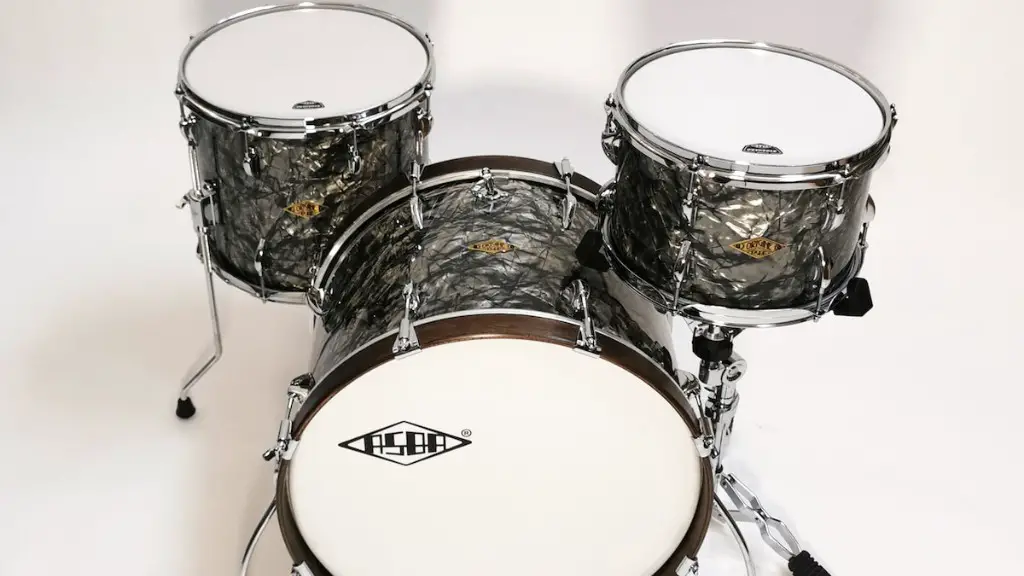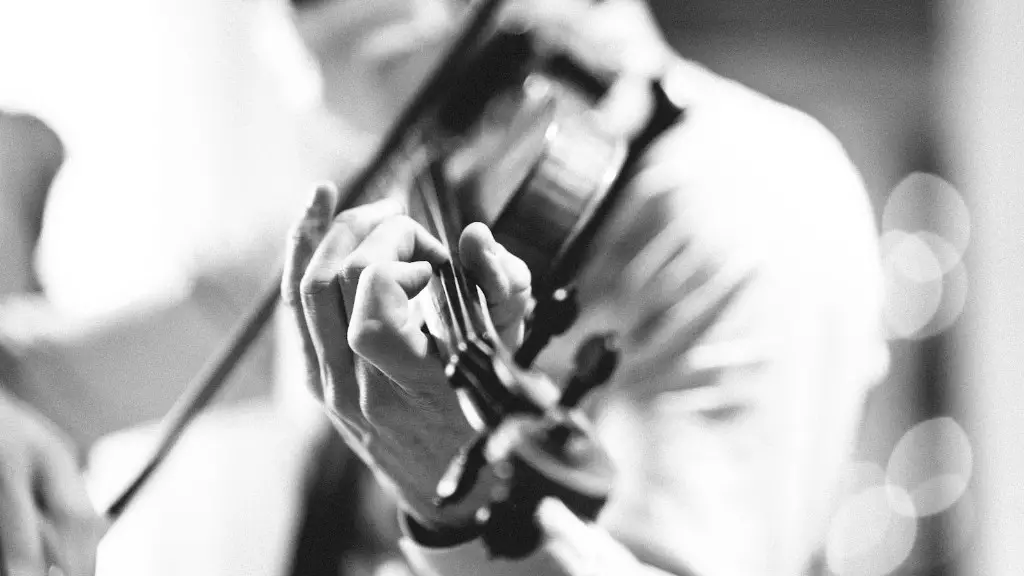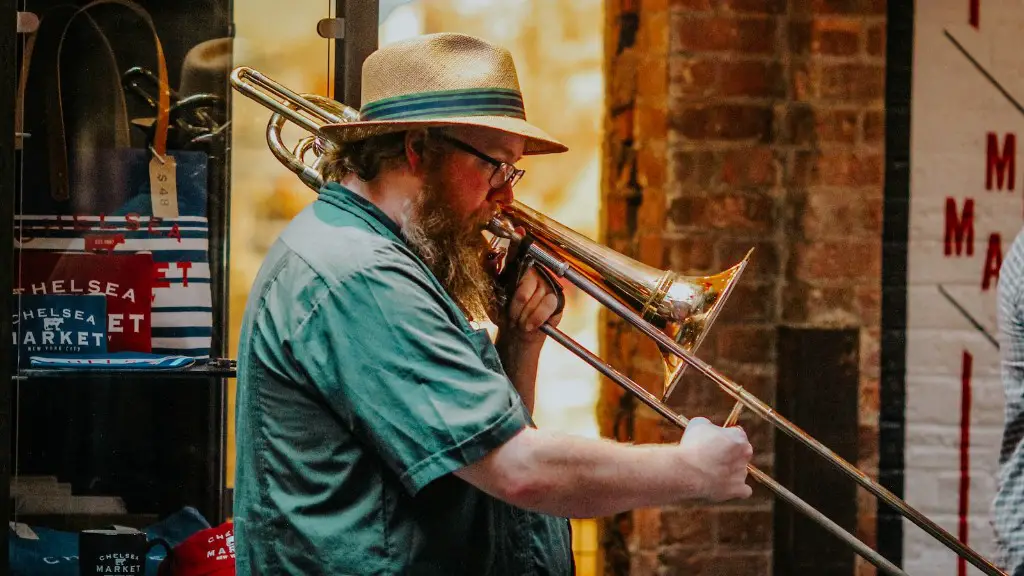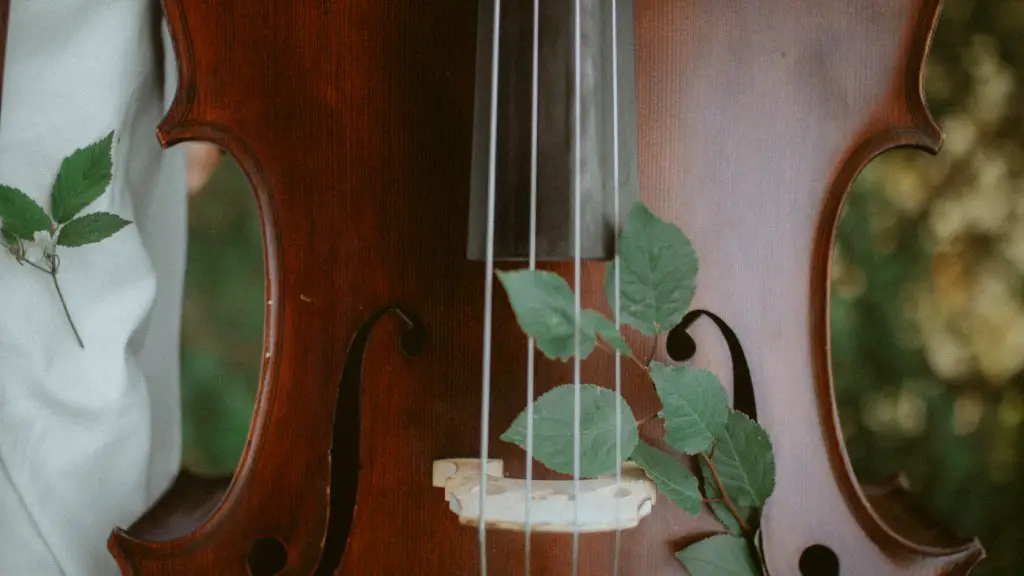Playing drums in church can be a rewarding and enjoyable experience. It is important to understand the role of the drummer in church, as well as the expectations that come with it.
The drummer should provide a solid foundation for the worship team to build upon. This means playing with sensitivity, listening to the other musicians, and providing a consistent beat. The drummer should also strive to bring out the best in each song without overpowering other instruments or vocals.
It is important for the drummer to be familiar with different genres of music and their associated rhythms. This will help them to provide an appropriate accompaniment for any style of worship music. Additionally, it is helpful for drummers to practice regularly so that they are comfortable and confident when playing in church.
Finally, drummers should remember that they are there to support and enhance the worship experience, not take away from it. By following these simple tips, drummers can make a positive contribution to any church service.
Choosing the Right Drum Kit for Church
When playing drums in church, it is important to choose the right type of drum kit. A drum kit should be chosen that is suitable for the size and style of music needed. For example, a rock band might require a larger and louder drum set than a small gospel choir. It is also important to consider the sound quality and reverberation of the drums when selecting a kit.
The best way to find out which type of drum kit would be best for your church is to talk to an experienced drummer or music director. They can help you determine what type of drums are best suited for your church’s needs. For example, some churches may prefer an acoustic set while others may prefer an electronic set with samples and effects.
It is also important to consider the cost when selecting a drum kit. A good quality drum set can be expensive, so it’s important to shop around and compare prices before making your purchase. Additionally, many churches have used or second-hand drum kits available at reduced prices if you are willing to compromise on sound quality or size.
Finally, make sure that your drum kit fits comfortably in the space available at your church and has enough room for expansion if necessary. With these tips in mind, you should be able to find the perfect drum kit for your church!
Developing Appropriate Technique (How To Play Drums In Church)
Playing drums in church is not just about hitting the drums as hard as you can and hoping it sounds good. It’s about learning how to express yourself with the music and create a sound that works with the congregation. In order to develop appropriate technique when playing drums in church, it’s important to understand how to incorporate dynamics and tempo changes into your playing.
It’s also important to practice listening to other musicians and then developing a style that works with their playing. Being able to listen carefully will allow you to develop different rhythms, fill patterns, and solo ideas that work with the music being played. You should also practice playing different beats in different styles such as jazz, funk, and gospel. This will help you create an individualized sound that is appropriate for the setting.
Finally, don’t be afraid to experiment with your drumming style. Try out different techniques and see what works best for you and for the music being played. Be creative and have fun! With practice, you can create a unique sound that is perfect for any church service or event!
Learning Groove and Time Feel (How To Play Drums In Church)
Playing drums in a church setting can be a challenging task, as it requires you to be able to keep time and create grooves that are appropriate for the music. It’s important to understand the different types of grooves and time feels that are used in church music, as well as the techniques needed to play them effectively.
The first step in learning groove and time feel is to become familiar with the main genres of church music. These include gospel, hymns, liturgical, and traditional styles. Each style has its own unique set of rhythms, so it’s important to learn the different grooves associated with them. Once you have a good understanding of each genre’s specific rhythms, you can practice playing them on your drum set.
When playing drums in church, it’s also important to stay in sync with the other musicians. This means that you need to be able to hear what they are playing and match your timing accordingly. To do this effectively, you should focus on keeping a steady pulse and playing consistent fills throughout the song. Additionally, it’s important to be aware of any changes in tempo or meter, so that you can adjust your playing accordingly.
Finally, when learning groove and time feel for church drums, it’s essential to practice regularly and listen closely to recordings of other drummers playing similar styles of music. This will help you develop a better understanding of how different grooves should sound
Understanding Musical Dynamics
Playing drums in church is a great way to bring energy to the congregation. It is important for drummers to understand musical dynamics, as it helps them to create a powerful and meaningful performance. Dynamics are the changes in volume, tempo and intensity that give music its emotion. To play drums effectively in church, drummers should be aware of the different types of dynamics that can be used.
Volume is one of the most important elements of musical dynamics. Drummers should be able to vary their volume from very soft to very loud, depending on the situation. Soft dynamics are great for quieter moments while loud dynamics can help emphasize powerful moments in worship.
Tempo is also an important aspect of musical dynamics. Drummers should be able to adjust the tempo based on what is happening in the moment and what type of emotion they want to create with their playing. For example, a slower tempo can create a more reflective atmosphere while a faster tempo can energize the congregation.
Intensity is another key element of musical dynamics that drummers should use when playing in church. Intensity refers to how much energy and focus goes into each stroke or beat that you play. Drummers should practice controlling their intensity so they can create different moods throughout their performance.
By understanding these basic elements of musical dynamics, drummers will be better prepared for playing in church and creating an unforgettable experience for both themselves and their congregation.
Learning Relevant Rhythms and Beats (How To Play Drums In Church)
Playing the drums in church can be a great way to enhance the music experience. It requires knowledge of relevant rhythms and beats that are appropriate for the worship setting. To get started, it is important to understand what type of drumming is acceptable in a church environment. Generally, church drumming should be simple and focused on the beat of the music rather than complex solos or flashy fills.
It is important to have an understanding of dynamics and how they affect the sound of your drums. Dynamics refer to how loud or soft a sound is in relation to other sounds in an ensemble. When playing drums in church, it is important to use dynamics that blend with the overall music. This includes using softer strokes or rolls when playing behind vocals and louder strokes when playing with guitar or keyboard accompaniment.
In addition to understanding dynamics, it is also important to play beats that are appropriate for the style of music being performed in church. There are many different styles of worship music, such as gospel, contemporary Christian, traditional hymns, and praise & worship songs. It is important to learn beats specific to each style so that you can provide support for the other musicians as well as create a sense of energy for congregational singing.
Finally, practice makes perfect! Before performing in church, take time to practice different rhythms and beats so that you can play confidently during services. Practicing with fellow
Keeping Track of the Song Structure (How To Play Drums In Church)
Playing drums in a church setting can be a daunting task. It’s important to keep track of the song structure and to know what beats to play at the right time. To do this, practice with a metronome and try to keep a steady beat. Use the metronome to help you find the correct tempo for each song and work on playing consistently with it. Additionally, learn the basic drum patterns for each style of music you will be playing, such as rock, jazz, blues or gospel.
You should also listen closely to what other musicians are playing in order to match their rhythm and tempo. It’s important to stay in time with them so that your part blends in well with everyone else’s. Being able to stay on beat is one of the most important skills for a drummer so practice as much as possible before performing in church. Finally, always remember that it’s not just about playing loud and fast; it’s also about being musically sensitive and creating a groove that enhances the music overall.
The End
Playing drums in church is a great way to add energy and excitement to the worship service. It can help create a powerful atmosphere of praise and worship. With the right approach, you can make sure that your drumming adds to the overall worship experience while still respecting the church’s traditions. Don’t be afraid to experiment with different rhythms, styles, and sounds. Ultimately, it’s important to remember that playing drums in church should be done out of reverence for God and love for His people.





